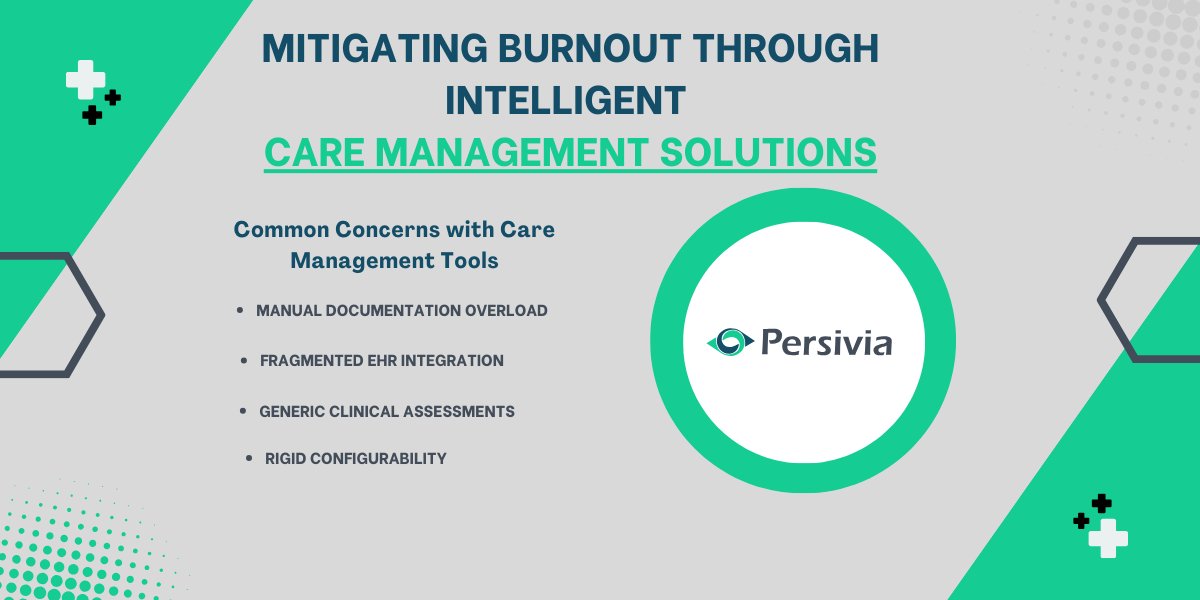
The Pros And Cons Of VoIP
New technologies have made business communication much smoother and easier, offering a variety of different platforms for different messages and mediums. However, one of the most common methods of communicating is still voice-based conversations—in other words, phone calls.
VoIP is a technology that can purportedly improve the quality of your business phone conversations. But what exactly is it, and what are the pros and cons of making the switch?
What Is VoIP?
VoIP stands for Voice over Internet Protocol. Basically, this technology converts your voice into digital packets that are transmitted over the internet to your conversation partner. Assuming it’s executed properly, this allows your voice to be transmitted much faster and more reliably—and it could help you save money in the process.
The best way to start using VoIP is with the help of an IT support company, which can not only help you install VoIP tools, but help you troubleshoot those tools if you’re struggling to use them consistently.
What are the pros and cons of VoIP, and is it worth the money?
The Perks Of VoIP
These are some of the best benefits of using VoIP in business:
- Lower costs. When compared to traditional phone services, VoIP services are often cheaper. There are a few different reasons for this. For starters, because your voice signal is sent over the internet in the form of digital packets, rather than being sent through a traditional phone system, your provider will charge less money for carriage fees. Additionally, VoIP service plans typically come with a much wider range of options, so you can customize the right plan for your business and stop paying for services you don’t really need.
- Better scalability. VoIP is also highly scalable, capable of being used by new startups, major corporations, and businesses of all sizes in between. If your business is a young startup that plans to expand rapidly over the course of the next few years, VoIP is ideal.
- Conduciveness to remote environments. VoIP is quite portable. You can make a call from practically anywhere, so long as you have an internet connection. This makes VoIP ideal for remote work environments, as well as for individuals who are constantly on the move (like salespeople). VoIP is also convenient if your business has to move.
- Better voice quality. Though somewhat debatable, many people find that VoIP offers a clearer voice quality, when compared to traditional phone services. So long as you have a stable internet connection with ample bandwidth, you should be able to hear the other party clearly, with minimal integrity issues.
- Advanced features. With VoIP, you’ll have access to a number of advanced features, which may vary depending on the provider you choose. For example, you can reliably count on access to things like call waiting, teleconferencing, caller ID, and call forwarding. You may also have access to a landline, and be able to customize your number.
- Higher security. VoIP allows you to make use of a number of advanced security features, which can minimize the potential impact of threats over the phone. For example, you can easily verify the identify of callers with passwords, set up automatic alerts for suspicious behavior, and cut down on the possibility of social engineering via phone calls.
Downsides Of VoIP
Of course, there are also some downsides to consider:
- Dependency on stable internet. For VoIP to function, you’ll need an internet connection active at all times. For it to function properly, you’ll need ample bandwidth to support the call. If you experience any disruptions in the consistency or quality of your internet, your ability to make or receive phone calls with VoIP could be compromised. If you have solid internet, with proper backups, this shouldn’t be an issue, but it can be problematic if your service is questionable.
- Latency and jitter issues. While the quality of modern VoIP services tends to be higher than traditional phone calls, there’s still the possibility that you could suffer from issues related to latency and jitter. If your internet connection is unstable, or if your VoIP service isn’t functioning properly, you may have a hard time communicating; this is especially problematic if you’re in a conference call with multiple users.
- Lack of location tracking. It’s hard to track the location of a VoIP call. While this can be an effective security measure, it can also be an issue in some cases—like if you’re making an emergency call.
Most businesses can benefit enormously from VoIP, but it’s not the perfect solution for every business. If you’re interested in VoIP, make sure you work with an experienced IT consultant to review the potential VoIP services available to you, utilize the correct tech infrastructure, and minimize the potential weaknesses of this approach.

Law Firm Management: How Technology is Driving Efficiency

Most Popular Social Networks: Dominating Online Platform







